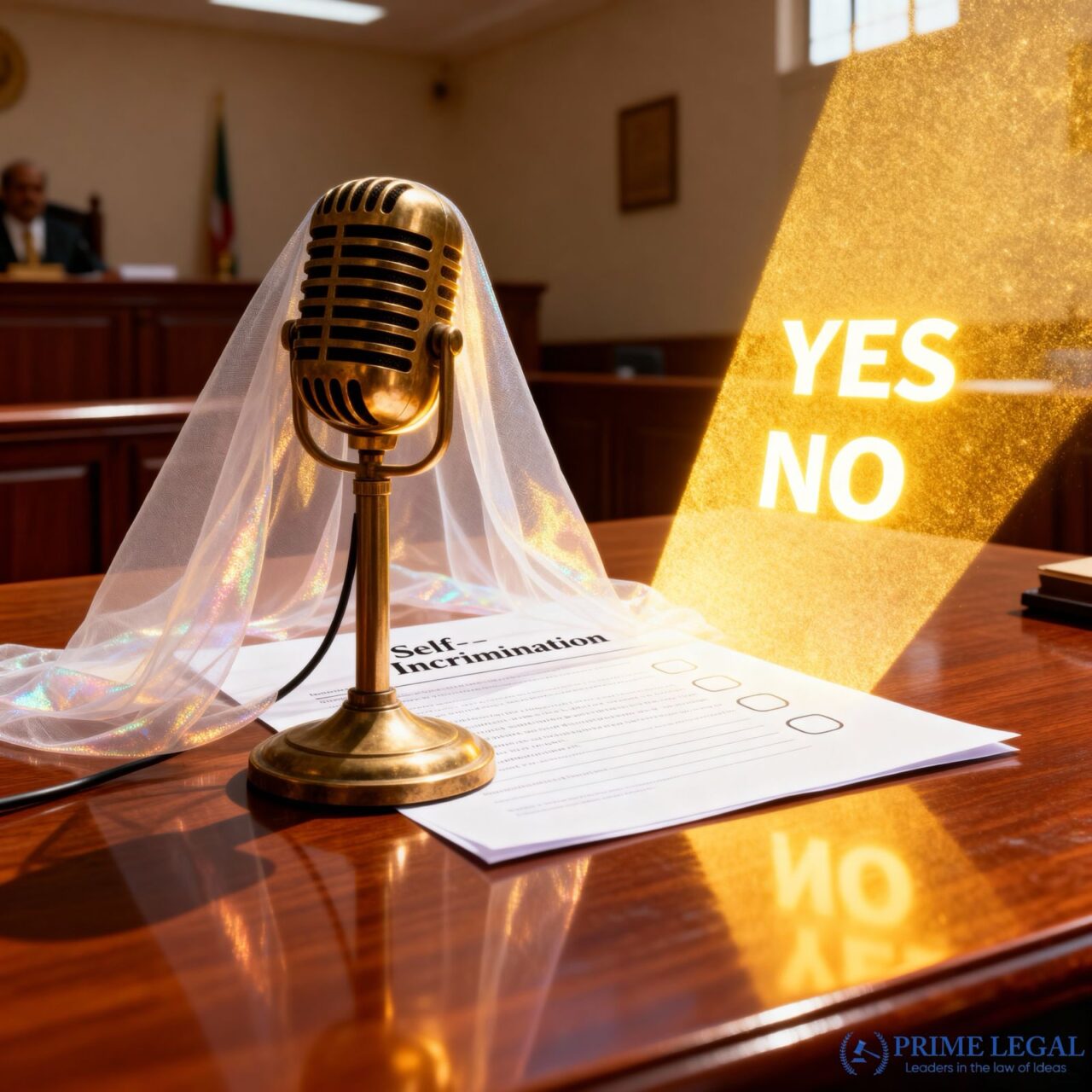FACTS
In this case, a 25-year-old married woman died in 2021. It was alleged that she died due to harassment and torture at her matrimonial home. There were counter allegations from the husband’s family that the deceased and her parents had misappropriated money and jewelry of the husband’s family. An FIR was lodged by the husband’s cousin, naming the parents of the deceased as accused. During the investigation, the officer came to know that the second respondent had acted as the agent of the deceased’s father and had threatened a witness connected to the extortion demand.
Following this, the I.O. sought to collect a voice sample of the second respondent to verify this allegation and applied to the Magistrate’s court, which was allowed. The second respondent challenged this order in the High Court. The High Court set aside the Magistrate’s order on the ground that this issue of whether a Magistrate could order such a sample was pending in reference to a larger bench. The petitioner appealed to the Supreme Court.
ISSUE
Whether the direction to the Magistrate to pass an order directing the accused to provide a voice sample would apply in the case of a witness? Whether allowing so would violate the right of the witness under Article 20(3) of the Constitution, as comparison of the voice sample could lead to incrimination of the witness?
LEGAL PROVISIONS
Article 20 (3) of the Constitution- “No person accused of any offence shall be compelled to be a witness against himself.” This protects individuals from being compelled to self-incriminate.
Section 349 of the Bhartiya Nagarik Suraksha Sanhita (BNSS), 2023- explicitly empowers a Magistrate to order a person to provide voice samples and other physical evidence for investigation.
ARGUMENTS
APPELLANT
The appellant highlighted that the reference to the larger bench had already been closed. Since the High Court’s determination of the case was based on the reference order, it should be overruled.
RESPONDENT No. 2
The Respondent argued that the Magistrate’s order was passed when the Criminal Procedure Code (Cr.P.C.) was in force. Section 349 of the BNSS empowers the Magistrate to pass an order directing a person to provide a voice sample; the Cr.P.C. does not have any such provision. That is why the magistrate’s order was erroneous.
ANALYSIS
The court referred to the precedents to determine this issue. It referred to the case of State of Bombay v. Kathi Kalu Oghad, where an identical issue of self-incrimination in providing handwriting, signature, or finger impression was raised. Here, the court held that for a testimony to come within the prohibition of the constitutional provision (Article 20 (3), it has to be of a character that tends to incriminate by itself. A handwriting sample, or finger impressions, is not incriminating by itself. They are not oral or documentary evidence but belong to the third kind of evidence, which is “material evidence,” which is outside the limit of ‘testimony’. Since these are not incriminating unless compared, they are not barred by Article 20 (3). [State of Bombay v. Kathi Kalu Oghad AIR 1961 SC 1808]
The above case was referred to in Ritesh Sinha v. State of Uttar Pradesh & Anr. The court followed the precedent and held that a Judicial Magistrate must have the power to order a person to give a voice sample for the investigation, even though it is not explicitly mentioned in Cr.P.C. [Ritesh Sinha v. State of Uttar Pradesh & Anr (2019) 8 SCC 1]
The court also clarified the scope of the above judgments. It was observed that this position is not limited to the accused as it uses the words “a person”, making it applicable not only to an accused but others, like a witness.
JUDGMENT
Following the above reasoning, the Court reversed the order of the High Court and restored that of the Magistrate. It was observed that the 2nd Respondent shall act in accordance with the order of the Magistrate.
CONCLUSION
The court clarified that it does not matter whether it is the BNSS or the Cr. P.C., which would be applicable. If it is the Cr.P.C., then the courts would follow the binding precedents such as the Ritesh Sinha case and Kathi Kalu Oghad. These cases upheld the principle that voice samples do not violate Article 20(3), since it is not testimonial in nature and does not incriminate the person by itself. If it is the BNSS that is applicable, then no question of confusion arises as the BNSS expressly provides for the same. This case also tries to maintain the continuity between the Cr.P.C. and the BNSS.
Click here to read more: Rahul Agarwal Versus The State of West Bengal & Anr.
“PRIME LEGAL is a full-service law firm that has won a National Award and has more than 20 years of experience in an array of sectors and practice areas. Prime legal falls into the category of best law firm, best lawyer, best family lawyer, best divorce lawyer, best divorce law firm, best criminal lawyer, best criminal law firm, best consumer lawyer, best civil lawyer.”
WRITTEN BY: FARZEEN ZAMAN


